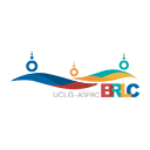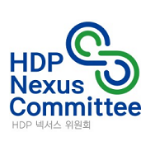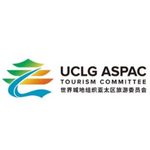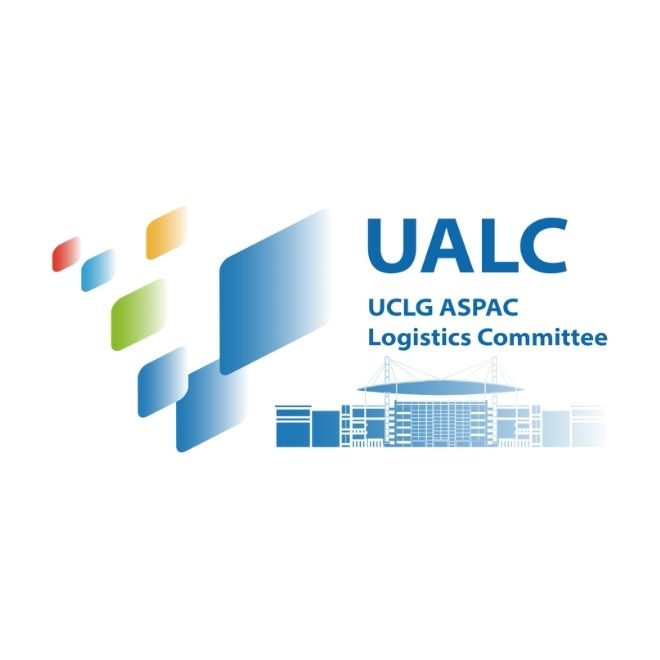UCLG ASPAC Committees
21st Century Maritime Cooperation Committee
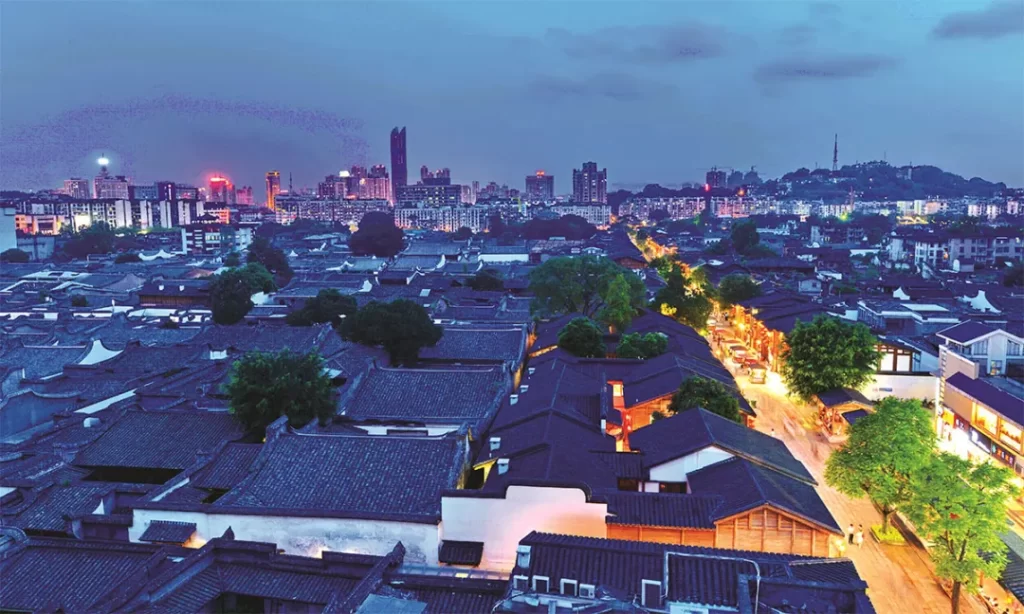
Channel Hub:
I. INTRODUCTION
21st-Century Maritime Cooperation Committee (hereinafter referred to as the Committee) is a committee of United Cities and Local Governments Asia-Pacific (UCLG ASPAC), jointly initiated by the Chinese People’s Association for Friendship with Foreign Countries (CPAFFC) and the Fuzhou Municipal People’s Government.
It was established after approval in April 2017 at the UCLG ASPAC Executive Bureau Meeting held in Catbalogan, the Philippines. It is a non-profit international organisation composed of the members of UCLG and other cities and organisations that accept the Charter of the Committee. The site and the secretariat of the Committee shall be permanently located in Fuzhou, Fujian, China.
The Committee is set to have two Honorary Presidents served by President of UCLG and President of UCLG ASPAC; two Presidents served by President (or Vice President) of the CPAFFC and Mayor of Fuzhou Municipality; and four Co-Presidents, in principle, served by two representatives of UCLG ASPAC members, one representative of the members from other regions and one mayor of Fuzhou’s international sister cities. At the First General Assembly of the Committee held in May 2018, the Charter of the Committee was approved unanimously. The Presidents, the Co-Presidents and the Secretary General of the Committee were announced and granted approval. Twelve advisers were appointed, the list of the founding members was announced and Fuzhou Declaration was also adopted.
Since its establishment, 56 cities and organisations of 26 countries from 5 continents have joined the Committee.
II. MISSION
1. Build a Platform
Based on UCLG ASPAC, the Committee will work with the coastal cities and local governments in Asia-Pacific and the world at large to jointly build the 21st-Century Maritime Cooperation Center, to set up the effective dialogue and linkage mechanism, to serve as an important platform of Belt and Road for the cities and local governments in Asia-Pacific and the world at large to share ideas and best practices on maritime cooperation, and to help push forward the development of the Core Area of the 21st-Century Maritime Silk Road.
2. Integrate Resources
By integrating resources in Asia-Pacific and the world at large, the Committee will take overall consideration and implement a batch of key projects with the involvement of different parties, so as to promote cooperation in marine science and technology and protection of marine ecosystems, as well as facilitate the construction of the 21st-Century Maritime Silk Road.
3. Promote Exchanges
The Committee will deepen the cooperation among the coastal cities and local governments in Asia-Pacific and the world at large in the fields of marine economy, marine conservation, waterway security, ports, disaster prevention and reduction, focus on industries including marine aquaculture, fishing, aquatic products processing, marine engineering equipment, new energy and renewable energy, desalination of sea water, marine bio-pharmaceutical, environmental protection and maritime tourism, and jointly build the Marine Economy Demonstration Zone, Marine Science and Technology Park, Marina Resort and Marine Professionals Training Center.
4. Offer Advice and Suggestions
The Committee will strengthen studies on the subject of maritime cooperation, and compile and publish reports on selected initiatives, so as to provide the cities and local governments in Asia-Pacific and the world at large with practical suggestions on maritime cooperation and help members enhance the scientific and technological innovation capacity.
The Committee will also encourage cities and organisations of island nations in Asia-Pacific and throughout the world to be involved, and support to develop their capacity and promote their economic development.
More information: secretariat_21CMCC@163.com
21CMCC Article
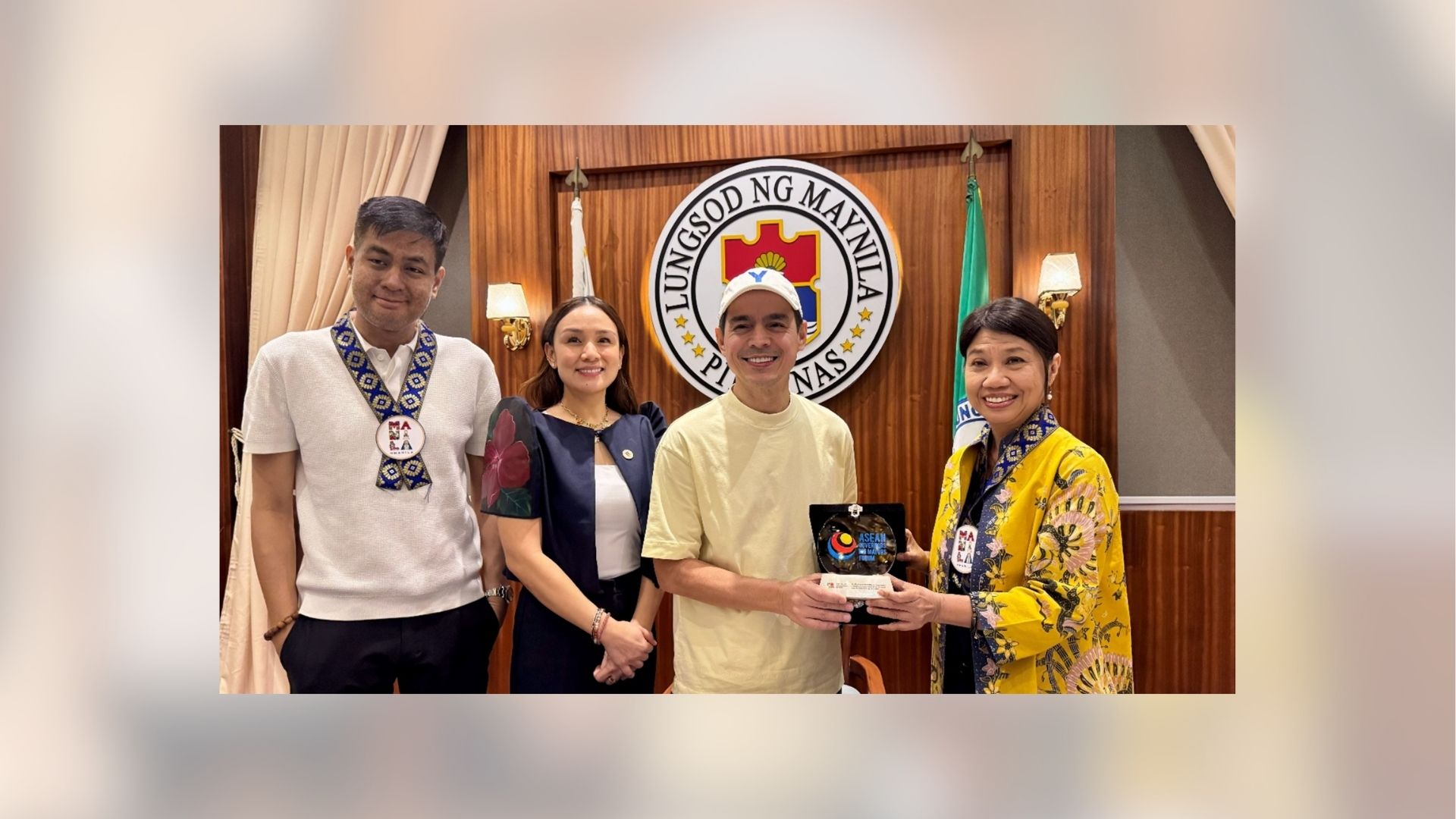
Manila to Host the 2026 ASEAN Governors and Mayors Forum: Setting the Stage for a Landmark Event in Regional Urban Cooperation
January 12-14, 2026 | Manila – UCLG ASPAC, serves as the Secretariat of the ASEAN Governors and Mayors Forum (AGMF), is pleased to announce that
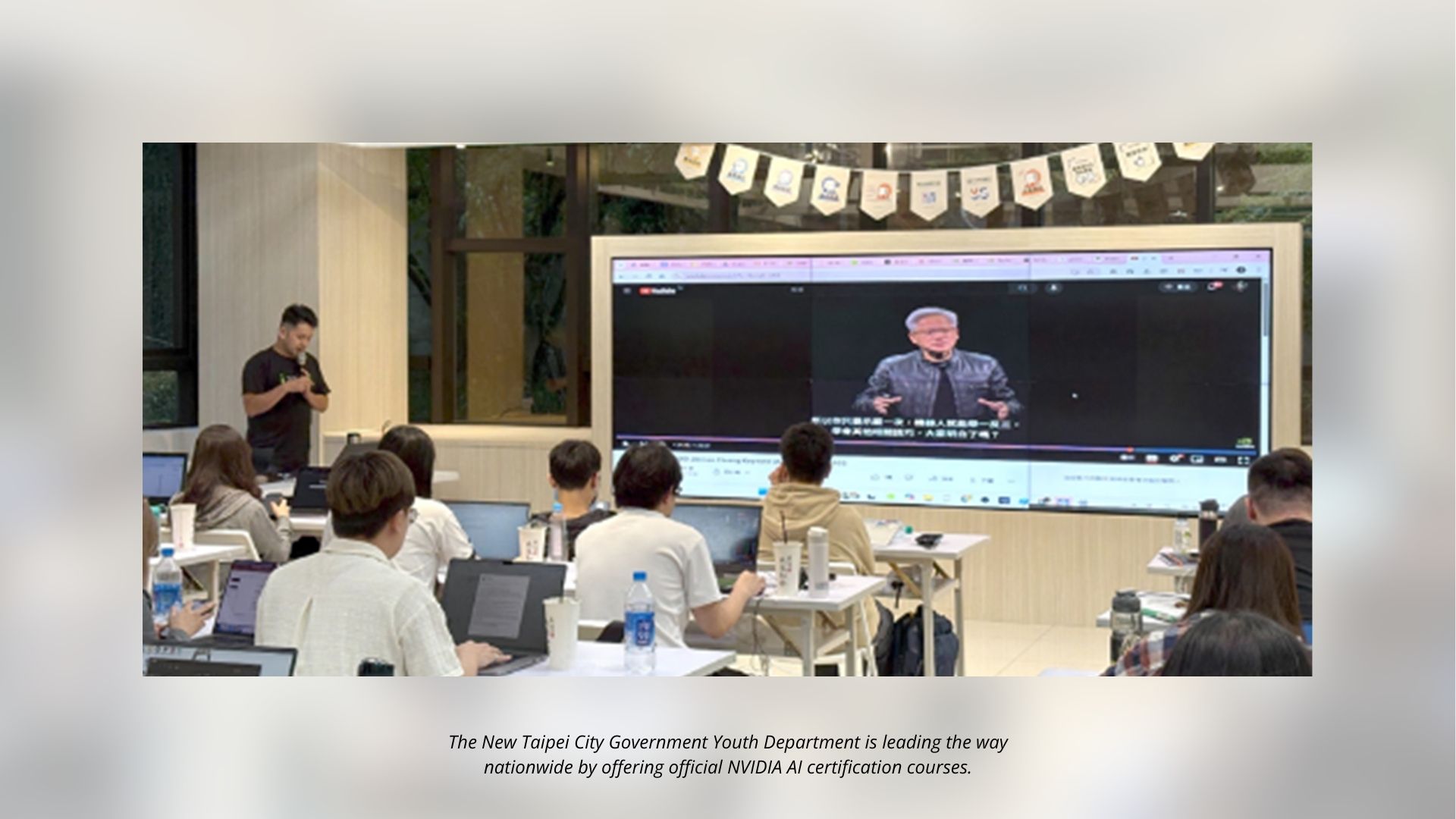
New Taipei City Builds Job-Ready Competitiveness Among Young Adults, Establishing the City’s Vision for the AI Era
The AI era is bringing new challenges. In response, the New Taipei City Government has adjusted its policies for young adults, shifting from simple subsidies
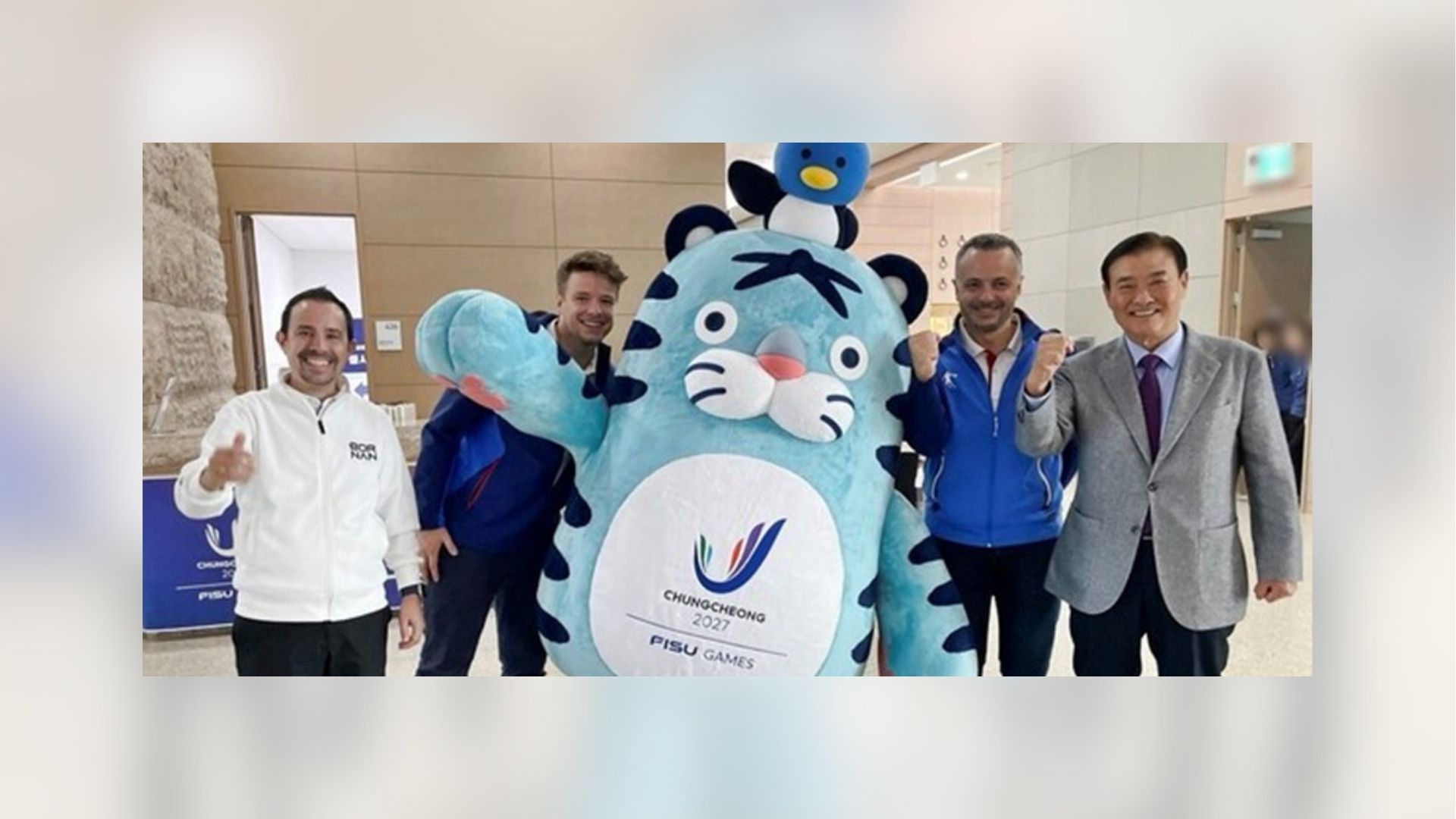
Official Mascot of the Chungcheong 2027 FISU World University Games: Heung-yi and Na-you
Heung-yi and Na-you is the official mascot of the Chungcheong 2027 FISU World University Games. The Chungcheong 2027 FISU World University Games will be held
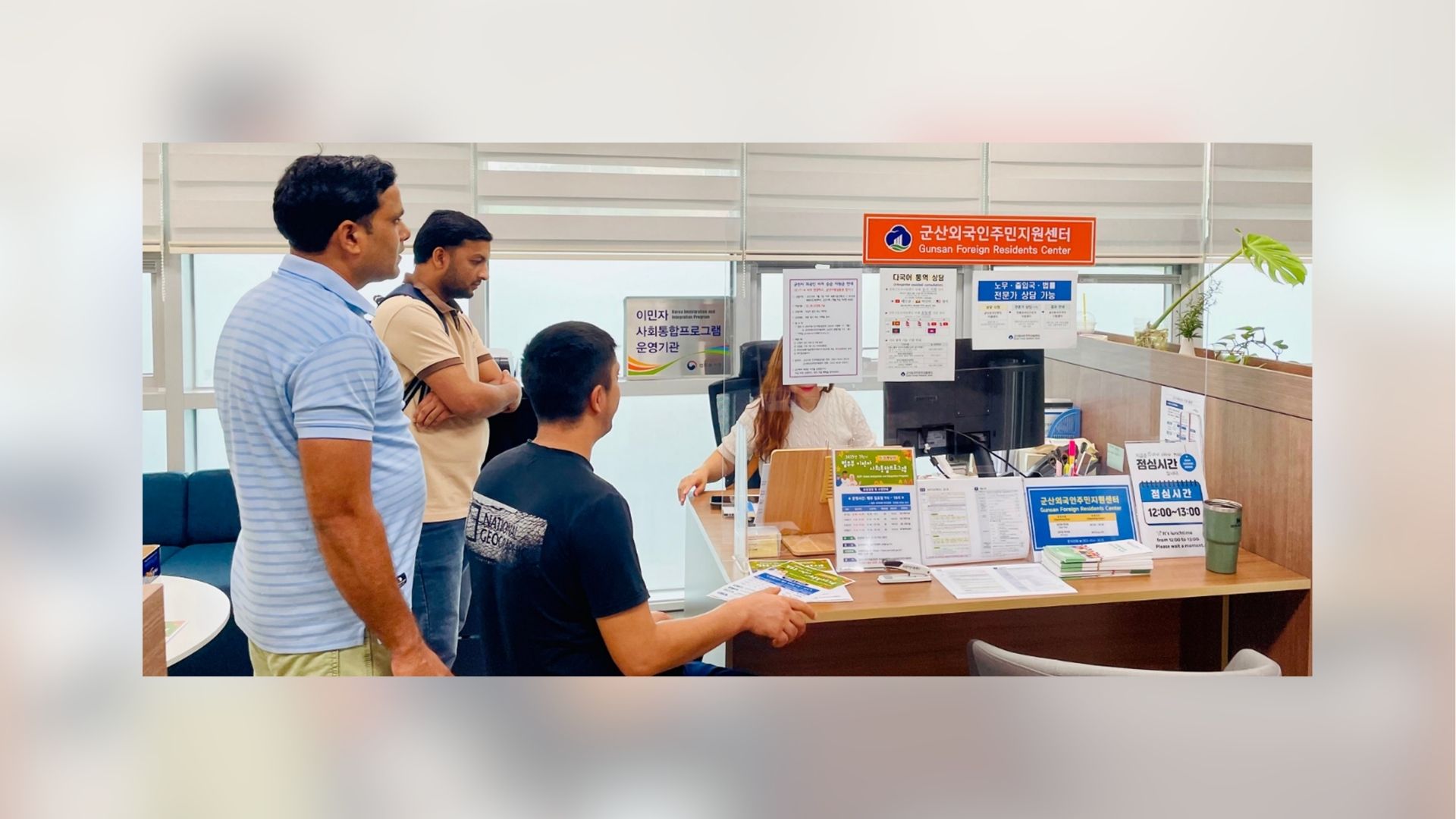
Gunsan Lays the Foundation for Growth with Foreign Residents
Gunsan City announced that it has successfully translated its foreign resident policies into tangible results in 2025, following the establishment of a dedicated Foreign Residents
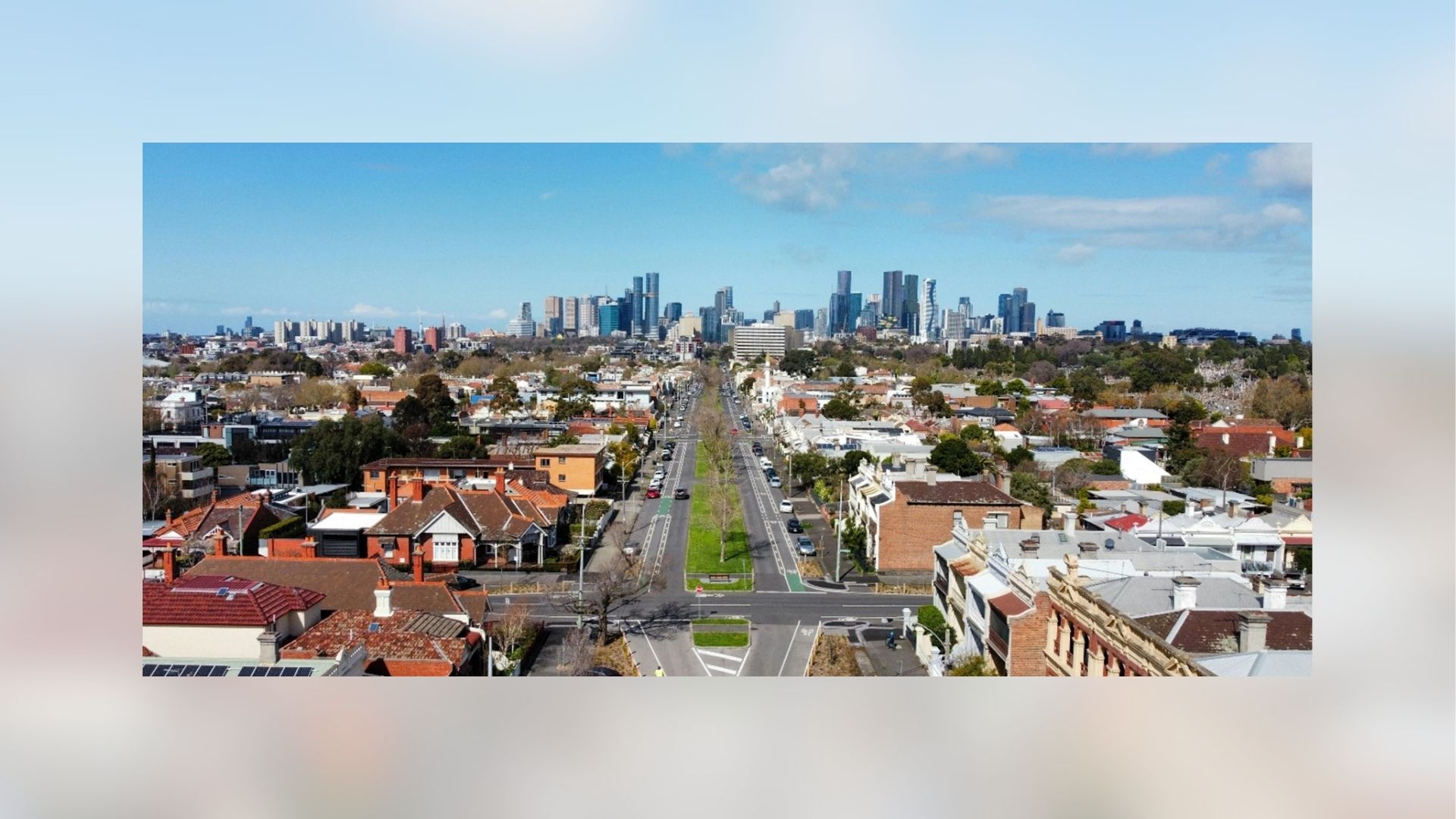
Melbourne: For Greater and Greener City
Melbourne is an example of a successful green transformation. Under the Grey-to-Green Project, Melbourne was turned green with trees that are famous all over the
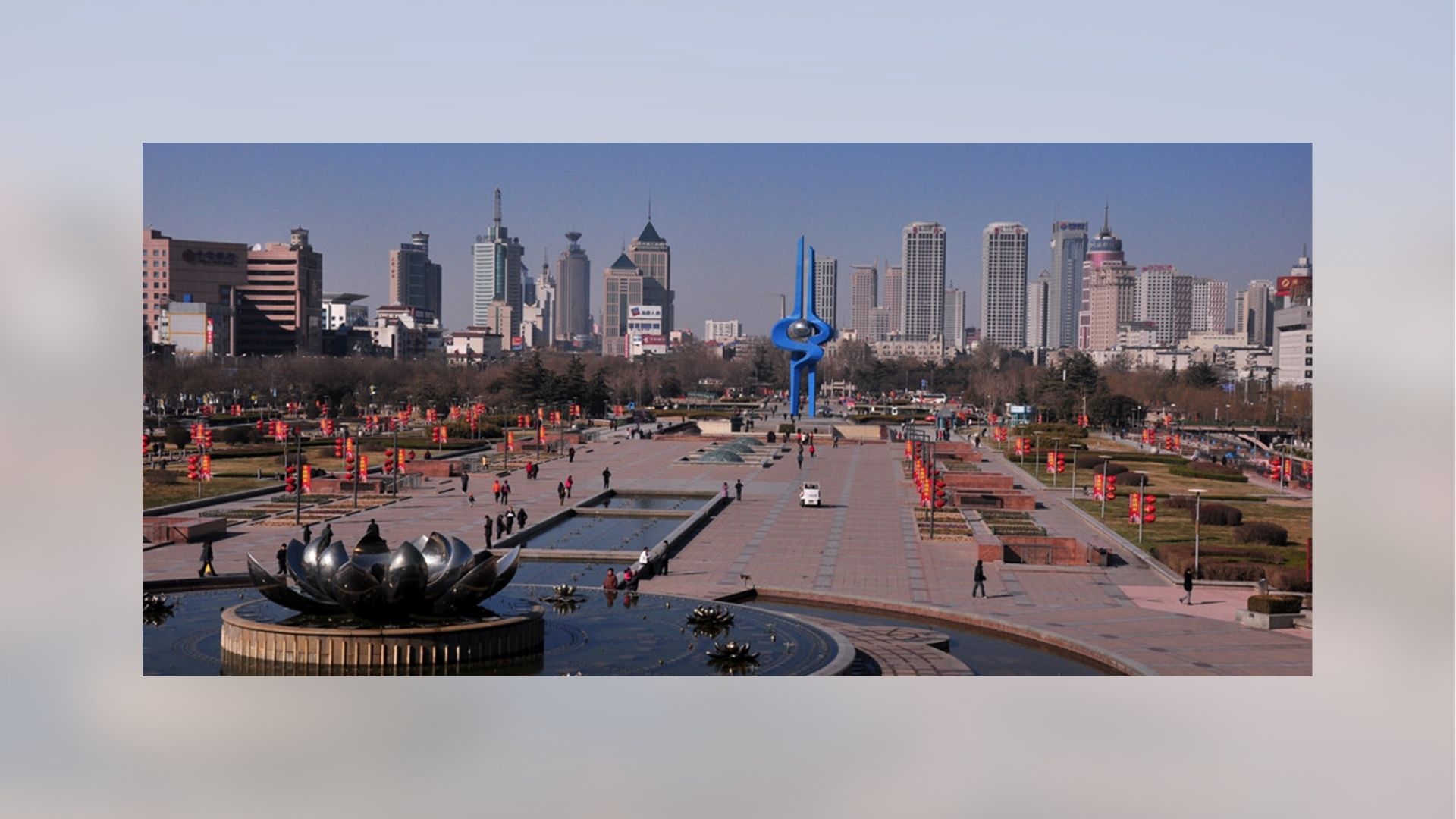
Jinan: Intelligent Ecosystem for Traffic Management
Context Jinan, capital city of Shandong Province, was once the country’s most congested city (data in 2015) due to a sharp increase in the number

Manila to Host the 2026 ASEAN Governors and Mayors Forum: Setting the Stage for a Landmark Event in Regional Urban Cooperation
January 12-14, 2026 | Manila – UCLG ASPAC, serves as the Secretariat of the ASEAN Governors and Mayors Forum (AGMF), is pleased to announce that

New Taipei City Builds Job-Ready Competitiveness Among Young Adults, Establishing the City’s Vision for the AI Era
The AI era is bringing new challenges. In response, the New Taipei City Government has adjusted its policies for young adults, shifting from simple subsidies

Official Mascot of the Chungcheong 2027 FISU World University Games: Heung-yi and Na-you
Heung-yi and Na-you is the official mascot of the Chungcheong 2027 FISU World University Games. The Chungcheong 2027 FISU World University Games will be held

Gunsan Lays the Foundation for Growth with Foreign Residents
Gunsan City announced that it has successfully translated its foreign resident policies into tangible results in 2025, following the establishment of a dedicated Foreign Residents

Melbourne: For Greater and Greener City
Melbourne is an example of a successful green transformation. Under the Grey-to-Green Project, Melbourne was turned green with trees that are famous all over the

Jinan: Intelligent Ecosystem for Traffic Management
Context Jinan, capital city of Shandong Province, was once the country’s most congested city (data in 2015) due to a sharp increase in the number












